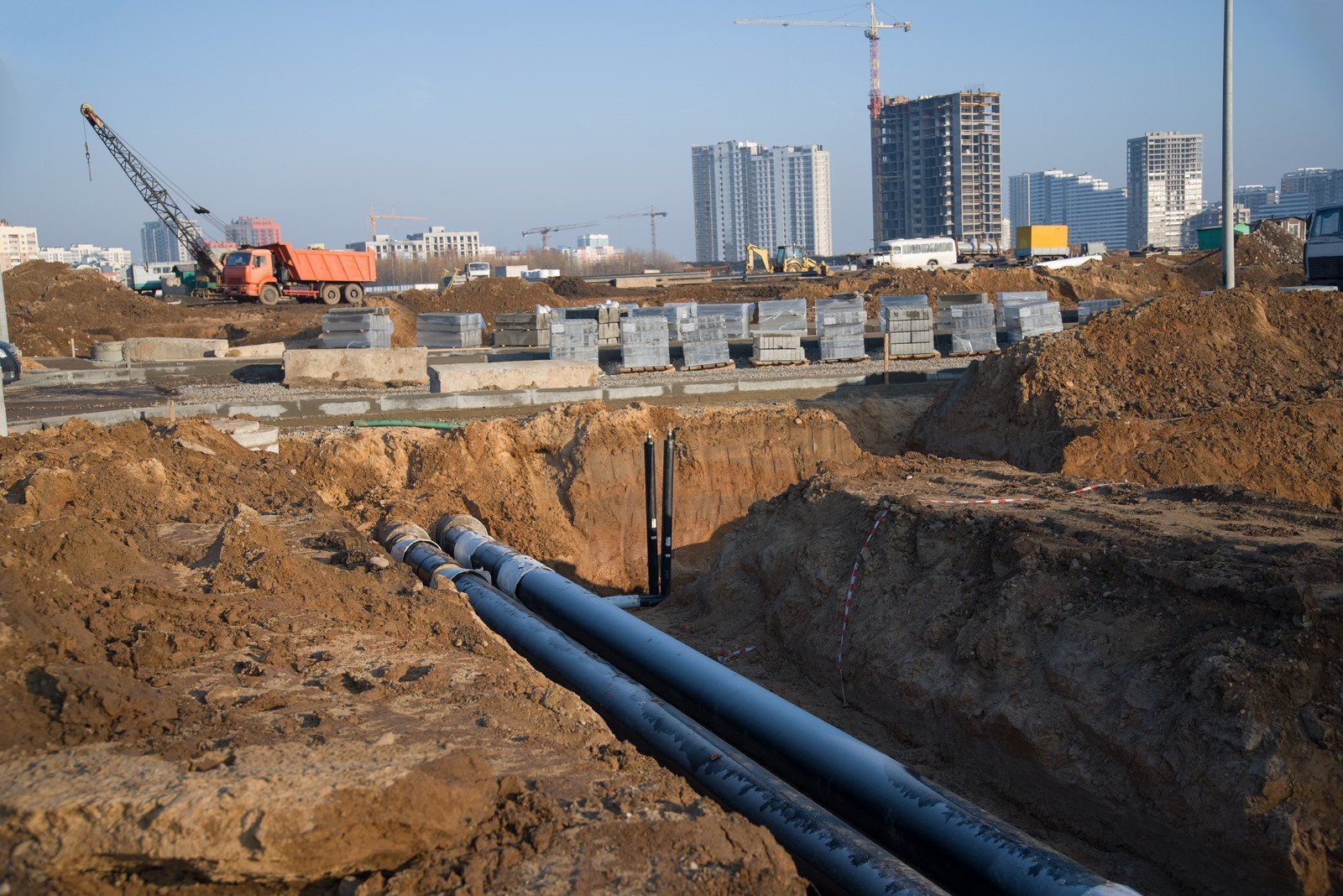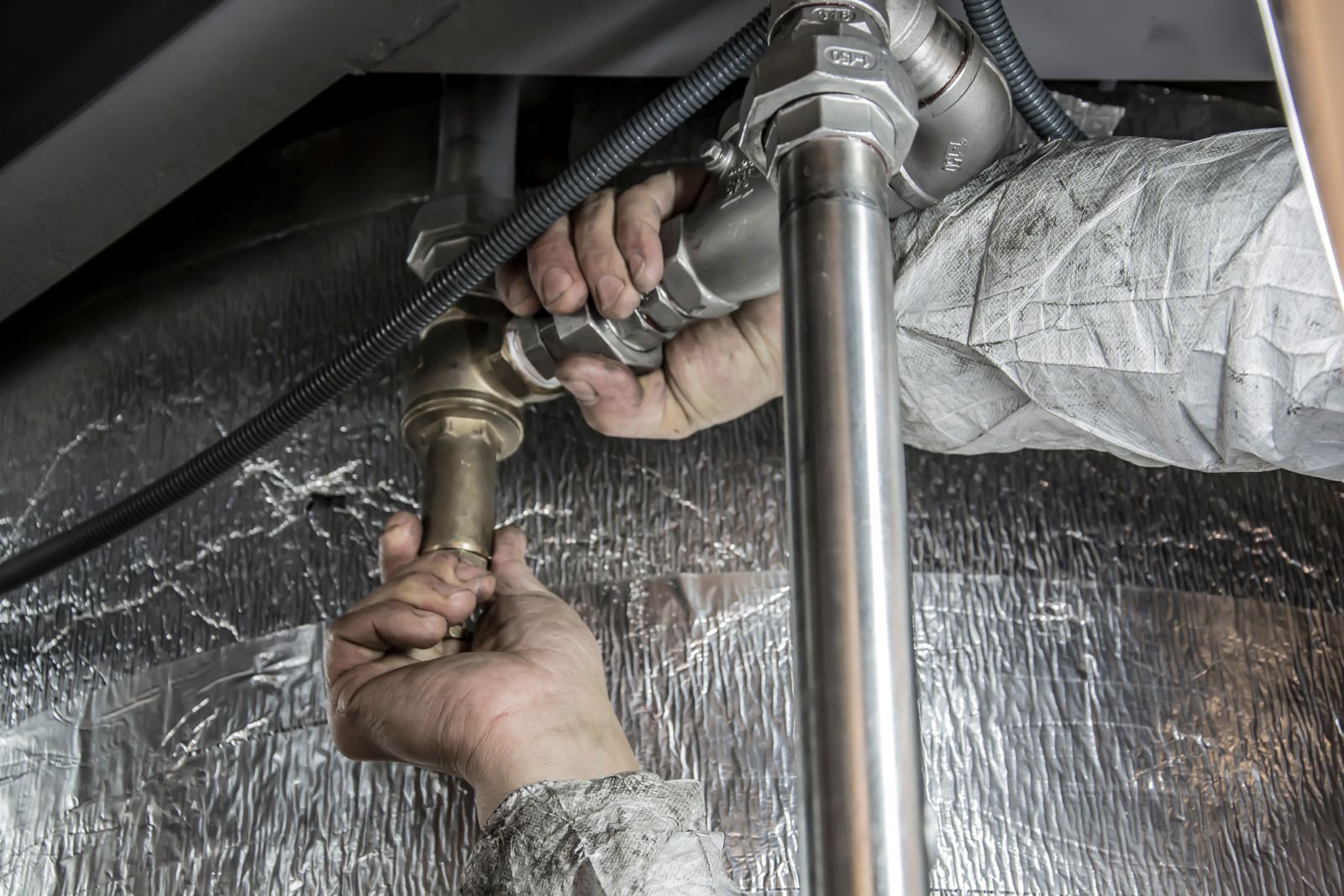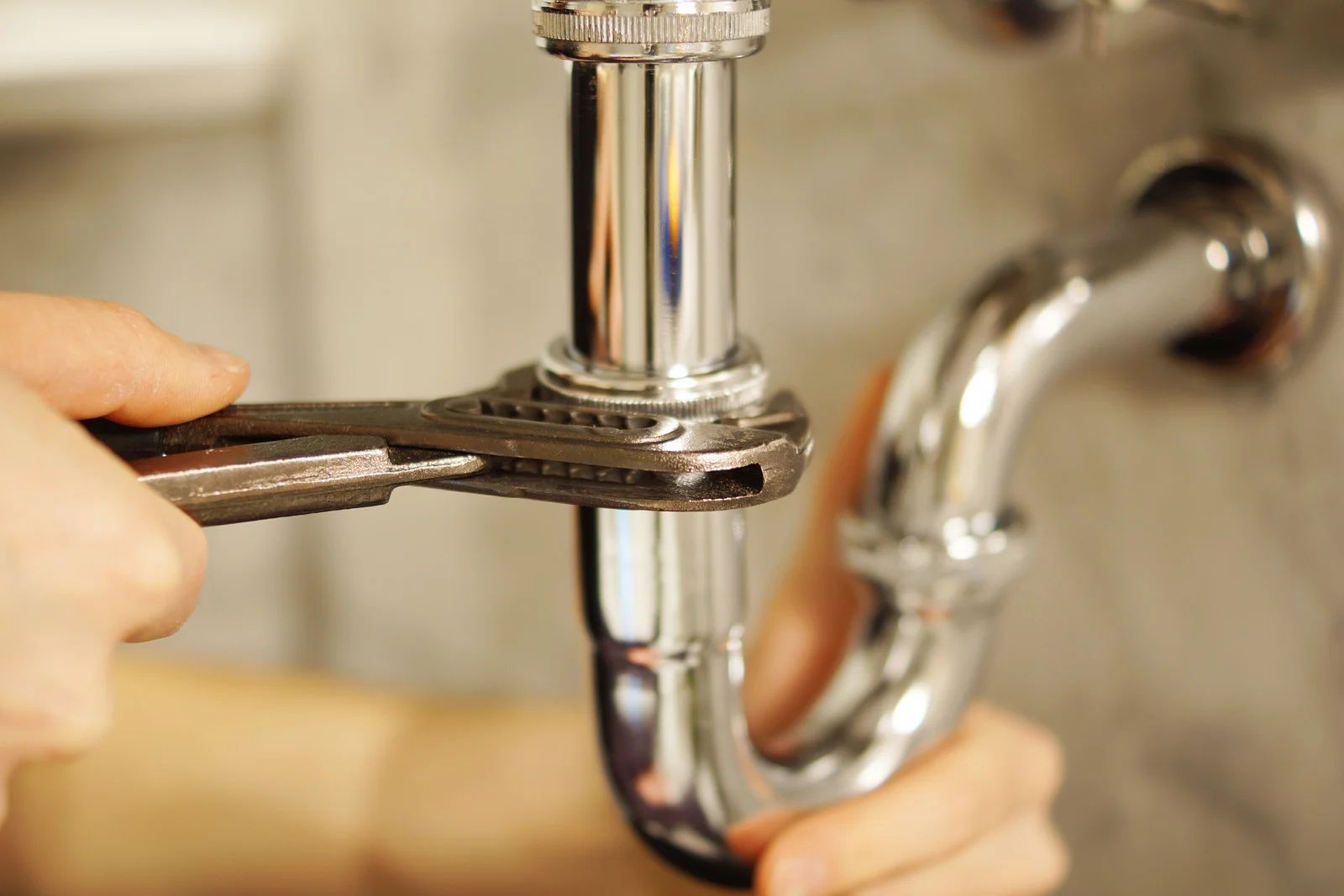Commercial vs. Residential Plumbing Services: What’s the Difference?
Plumbing services are essential for maintaining a clean water supply and proper waste disposal in a home or business. However, the requirements of plumbing systems vary significantly between residential and commercial spaces. Understanding the key differences between these two types of services helps property owners make informed decisions when plumbing issues arise. From the scope of work to the complexity of the systems, residential and commercial plumbing each come with their own challenges, tools, and skill sets. Let’s explore how these services differ and why hiring the right type of plumber matters.
1. Scope and Size of the Job
One of the most obvious differences between commercial and residential plumbing lies in the size and scope of the systems. Residential plumbing typically deals with single-family homes or small apartments, involving simpler systems with fewer pipes and fixtures. On the other hand, commercial plumbing systems in places like office buildings, malls, or restaurants are far more extensive. They often require large-scale installations and service for multiple floors, units, and users, making them more complex to design and maintain.
2. Complexity and Code Requirements
Due to their higher usage and public exposure, commercial plumbing systems are subject to stricter building codes and health regulations. Plumbers working on these systems must thoroughly understand local codes, safety standards, and inspection protocols. Residential plumbing is generally more straightforward and focused on comfort, efficiency, and safety for the household. Additionally, the tools and techniques used can vary greatly between the two.
3. Maintenance Frequency and Emergency Services
Because commercial systems experience greater wear and tear, they often require more frequent inspections and preventative maintenance. Issues in commercial properties, such as blocked drains or broken pipes, can disrupt business operations, so a prompt and large-scale emergency response is often necessary. In contrast, residential services may be more flexible with scheduling and typically involve smaller teams.
4. Fixture Variety and Water Demand
Another significant distinction is the type and quantity of plumbing fixtures. Commercial buildings often include industrial-grade toilets, sinks, and water heaters designed for high-volume usage. Residential properties use standard-grade fixtures suited for personal use. This difference impacts not only installation but also the repair and replacement process.
5. Expertise and Equipment
Due to the intricacy of the systems, plumbers who handle commercial jobs usually require more advanced training and experience. They also work with specialized tools and machinery. While residential plumbers are equally skilled, their focus is usually on personalized service, comfort-driven solutions, and household plumbing upgrades.
Comprehensive Plumbing Services by Industry Experts
Whether you’re a homeowner or a business operator, choosing the right plumbing team is critical for smooth operations. At All Star Plumbing Inc., we bring over 38 years of experience in delivering top-quality plumbing services. Based in Mooresville, North Carolina, our licensed professionals are equipped to handle both commercial and residential projects with precision and care. We ensure dependable service and long-lasting solutions, from basic pipe repairs to complex system installations. Trust All Star Plumbing Inc. for all your plumbing needs—where expertise meets excellence.



